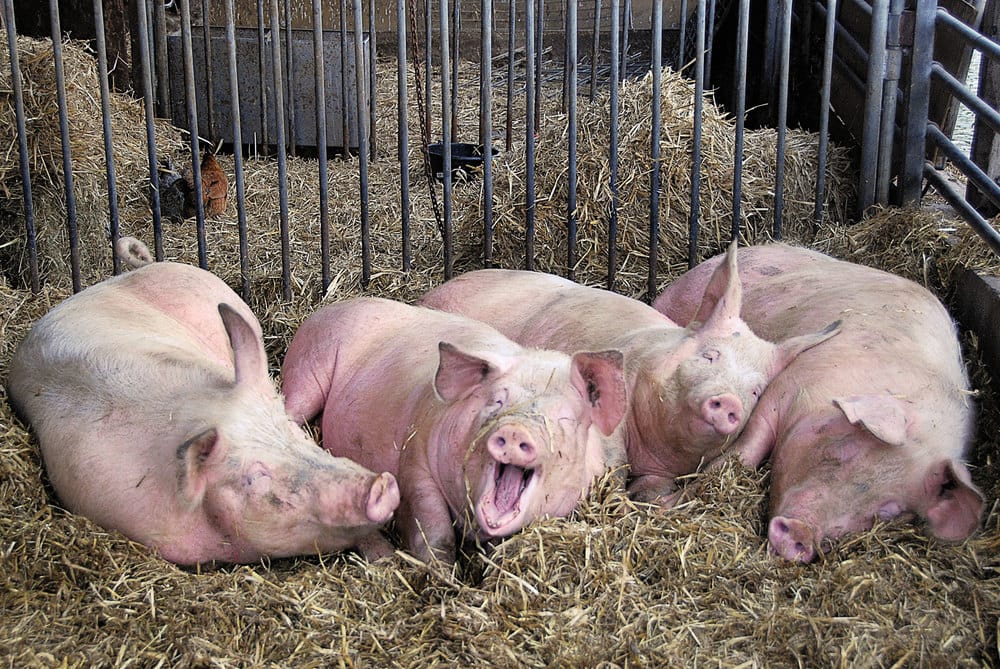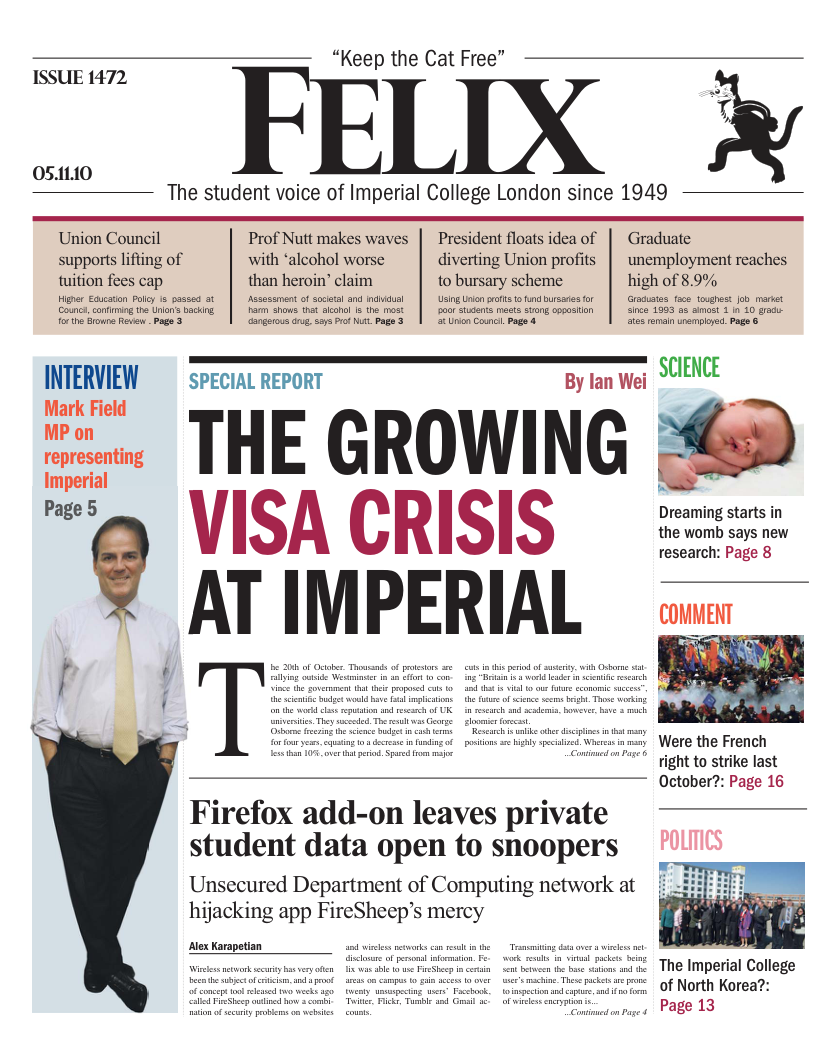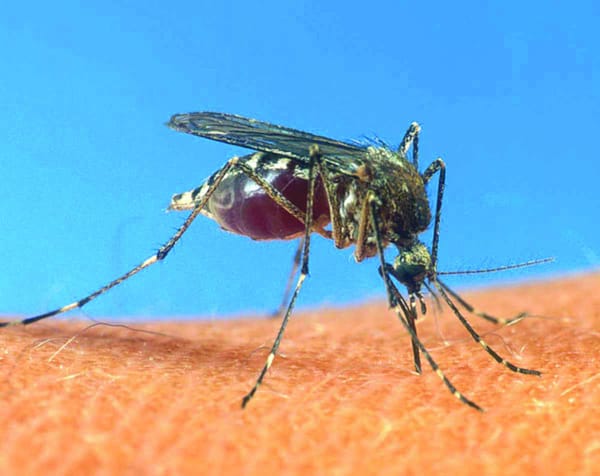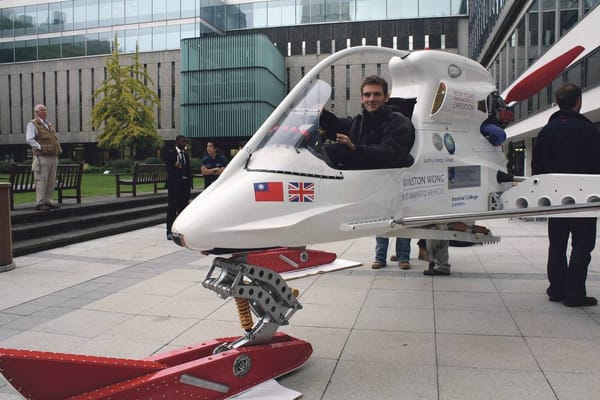Swine flu carried deadly mutation
Researchers at Imperial have been part of a global team whose latest research is giving greater insight into what caused tens of thousands of fatalities during last year’s H1N1 pandemic

Researchers at Imperial have been part of a global team whose latest research is giving greater insight into what caused tens of thousands of fatalities during last year’s H1N1 pandemic.
Viruses are weirdly beautiful. Their DNA material is held in a delicate and unique protein casing; an arrangement unlike any living structure. However, it is this casing which Imperial researcher, Professor Ten Feizi, and her team believes may hold the key to understanding what makes a particle invisible to the naked eye into a killer.
The protein casing allows the virus to stick to receptors on the surface of human cells. It’s like puzzle pieces; where the protein casing and the receptor match in shape, the virus latches on and infects the cell.
Last December the World Health Organisation (WHO) published a report looking at a mutation where one of the building blocks of a protein in the casing shell had been altered. Professor Ten Feizi and collaborating teams have been conducting extensive research which has shown that this change results in marked differences in the way that the virus affects our bodies. The researchers reconstructed the receptors lining the airways on glass surfaces. By examining how viruses stuck to these receptors, they were able to demonstrate that the mutated virus was able to attach itself with greater strength to more cells in the airways than seen with other flu viruses.
Usually, in seasonal flu, the virus only infects a limited number of cells in our nose and throat resulting in familiar yet uncomfortable symptoms. The mutated swine flu virus is not only more infectious but also prevents the tiny in-built cleaners from clearing away any further grime which can accumulate, opening up the possibility of more severe symptoms and even pneumonia.
The virus is constantly evolving, and it’s possible that a new form as dangerous as the 1918 pandemic could emerge Professor Ten Feizi
The mutated H1N1 virus, known as D222G, was found randomly as the pandemic spread across the world. It wasn’t the generation of a new subset of virus. It was sporadic and sometimes deadly mutation. However, despite this latest research going further to explain the reason behind the fatalities seen during the pandemic, it is important to note that only 7.1% of people who died from the swine flu during the pandemic suffered from the mutated form. In fact, in December 2009 the WHO released a statement that said “the D222G substitution does not appear to pose a major public health issue.”
The fact still remains however that people infected with this mutant variant of the H1N1 virus are more likely to have severe and fatal illness. Professor Feizi warns that “If the mutant virus were to acquire the ability to spread more widely, the consequences could be very serious... The virus is constantly evolving, and it’s possible that a new form as dangerous as the 1918 pandemic could emerge.”








